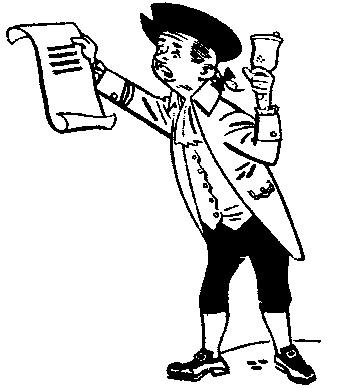The
Importance of Talk Radio
By William A. Rusher
The current liberal attack on conservative talk radio shows is the clearest
evidence of how uncomfortable our liberal friends become when confronted with opposition
they cannot ignore.
As Bill Buckley remarked many years ago, the liberals of those far-off days were fond of
insisting that they positively enjoyed hearing other points of view, but often went into
shock on discovering that there really were other points of view. Even today, the liberal
notion of the ideal public dialogue is the sort of genteel murmur that might be produced
by a difference over some minor point between, say, Tom Brokaw and Peter Jennings.
As long as the liberals controlled every known means of communicating political ideas,
that was the only kind of dialogue Americans ever got to hear. Thus when, on Nov. 18,
1961, President Kennedy signaled a major change of strategy by attacking "the
discordant voices of extremism" (meaning conservatives), the liberal media fell in
line like a row of baby ducks behind their mother. On Nov. 24, Time's "Nation"
section led off with an approving report on "Thunder Against the Right." On the
26th, The New York Times Magazine carried a harsh "Report on the `Rampageous
Right.'" On Dec. 4, Newsweek lumbered belatedly into the fray with "Thunder on
the Right." Four days later Time returned to the attack with a long article on
"The Ultras." And the networks chimed in.
What was the conservative reply? For all practical purposes there was none. Like the
robber barons of the Middle Ages, the liberals controlled every pass through the Alps.
Even in the early 1960s, however, talk show hosts on local radio stations noted that hot
political topics could light up their switchboards with calls from articulate
conservatives with nobody else to talk to. Certain hosts Barry Farber in New York and
Shirley Spellerberg in Miami, to name only two encouraged such people to call in, and
championed their views. Within a few years the whole culture of talk radio became largely
a conservative precinct. Conservatives had discovered a new pass through the Alps.
(Another such pass, by the way, was direct mail, which became a favorite means of
conservative communication when the lists of Goldwater contributors were laboriously
copied down and computerized after 1964. But such mailings are used chiefly to alert
conservatives in, say, Oregon, where both senators are knee-jerk liberals, to the
possibility of contributing to a conservative senatorial candidate in Florida or Texas.)
What has happened recently, and what has so unnerved the liberals, is that talk radio has
"gone national." Instead of local talk show hosts commiserating with
conservative insomniacs during the wee hours, Rush Limbaugh (and others) are proclaiming
well-informed conservative views in an entertaining format in broad daylight to tens of
millions of people. Local talk show hosts could be and were serenely ignored for 30 years.
But our liberal president himself lost his cool and publicly attacked Limbaugh. What all
this implies for the future remains to be seen. But it would appear that, at a minimum,
liberals have permanently lost their monopoly of the public dialogue. A handful of liberal
publications and networks are simply no longer able to determine what the American people
shall know (and not know), and hence what the major issues of the day shall be.
This is an enormous seachange, since liberals long ago lost the allegiance of the great
majority of the American people and have depended for their continued influence on the
help of such non-democratic sources of power as the owners of certain key media and a
precarious majority on the Supreme Court.
So now the liberal attacks on talk radio have begun in earnest. Well, even a cornered rat,
they say, will turn and fight.
©1994 NEWSPAPER ENTERPRISE ASSN. |


